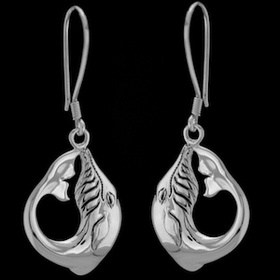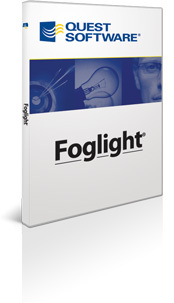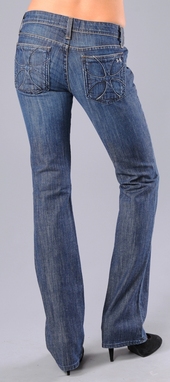 Los Angeles, CA – Rorion Gracie, the patriarch of the famed Gracie family from Brazil, filed a trademark infringement, Lanham Act § 43(a) unfair competition, and dilution lawsuit against Black Silver Enterprises and Un Mi Lee. Gracie is a 9th degree Red Belt in Brazilian Jiu-Jitsu and has been an owner of the “Gracie Jiu Jitsu” commercial endeavors since opening the first location in Southern California in 1978. In 1997, Plaintiff’s Gracie Gear trademark was registered with the USPTO for use on clothing and related merchandise. On September 20, 2005, Plaintiff received another registration for the mark Gracie for use on clothing.
Los Angeles, CA – Rorion Gracie, the patriarch of the famed Gracie family from Brazil, filed a trademark infringement, Lanham Act § 43(a) unfair competition, and dilution lawsuit against Black Silver Enterprises and Un Mi Lee. Gracie is a 9th degree Red Belt in Brazilian Jiu-Jitsu and has been an owner of the “Gracie Jiu Jitsu” commercial endeavors since opening the first location in Southern California in 1978. In 1997, Plaintiff’s Gracie Gear trademark was registered with the USPTO for use on clothing and related merchandise. On September 20, 2005, Plaintiff received another registration for the mark Gracie for use on clothing.
Ten days after the Gracie trademark registered, Defendant Black Silver filed an application with the USPTO to register its GRACIE mark for use on clothing. The USPTO issued an Office Action refusing to register Black Silver’s proposed mark due to a likelihood of confusion with Plaintiff’s registered trademarks. In October of 2006, Defendant filed petitions to cancel Plaintiff’s trademarks at the Trademark Trial and Appeal Board (“TTAB”), which proceedings are still continuing. Plaintiff alleges that in mid-2009 Defendants demanded payment of $250,000 as a license fee to use the Gracie trademark. As a result, Plaintiff filed the instant action. The case is Rorion Gracie v. Black Silver Enterprises, Inc. et al., CV 09-8273 GW (C.D. Cal. 2009).
 Los Angeles Intellectual Property Trademark Attorney Blog
Los Angeles Intellectual Property Trademark Attorney Blog











